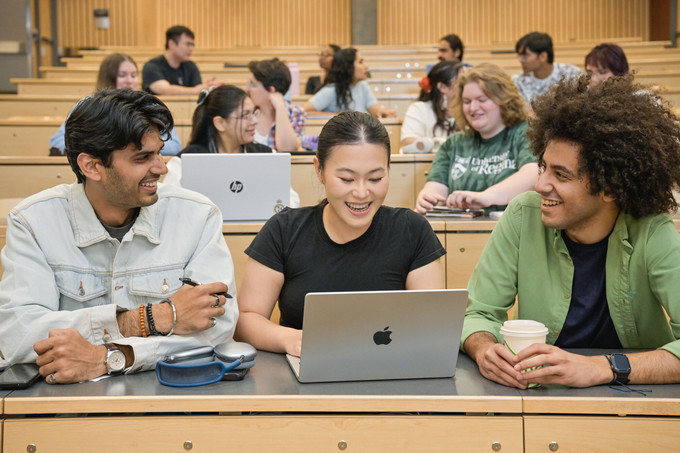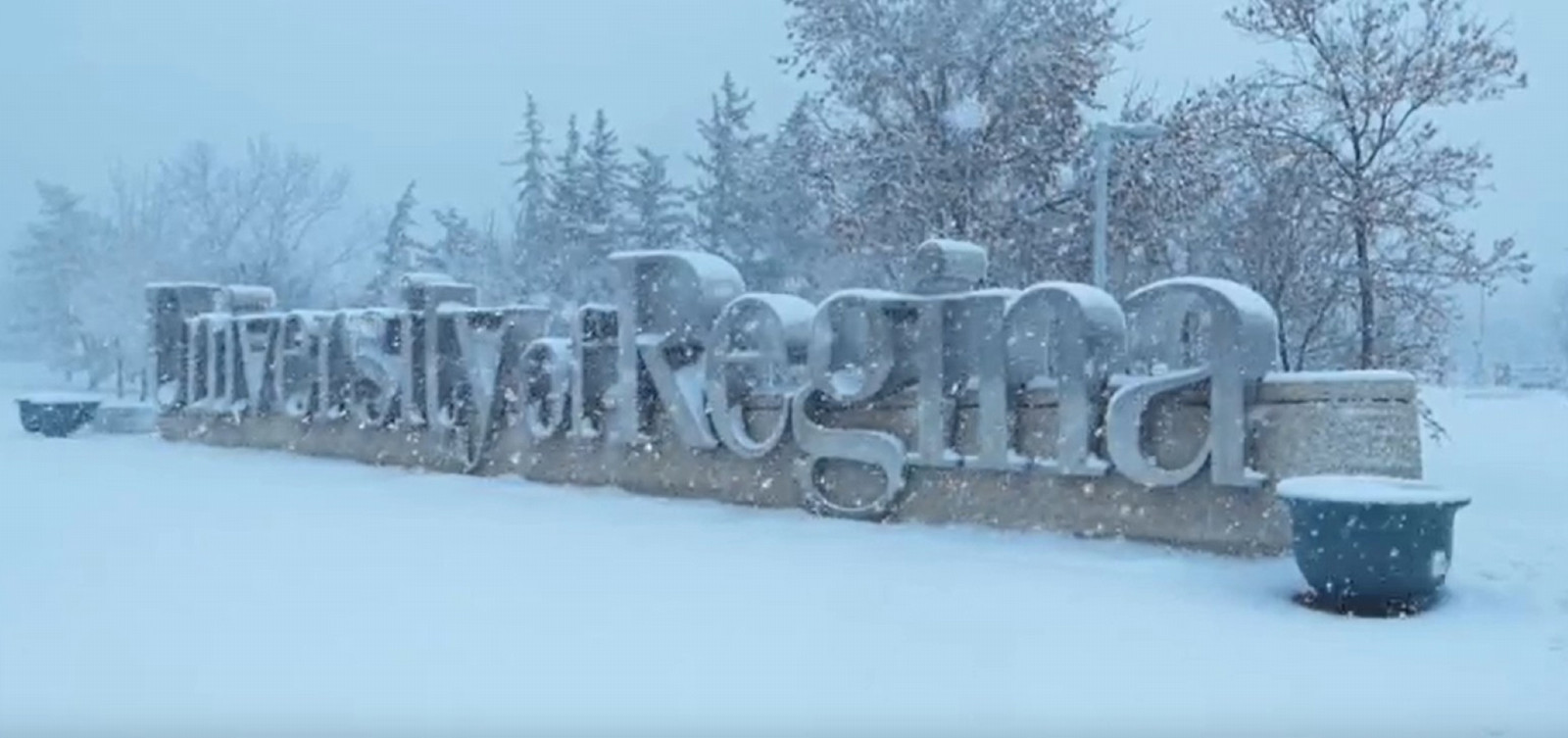
Spotlight
Top 5 Reasons to Study at the U of R: Where Ambition Meets Opportunity
From opportunities to earn while you learn to world-class research, there’s a lot of reasons to study at the University of Regina.
Whether you’re looking at your first university program or exploring graduate options, we have more than 150 programs to find your perfect fit.
Explore Your Future With Us
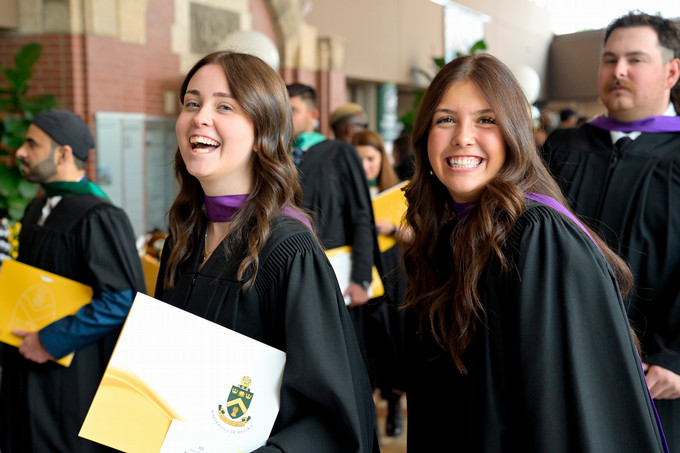
Find Your Path to Success
We understand learning is a journey. Let us help you find the programming, flexibility, and support to shape your education around what matters most to you.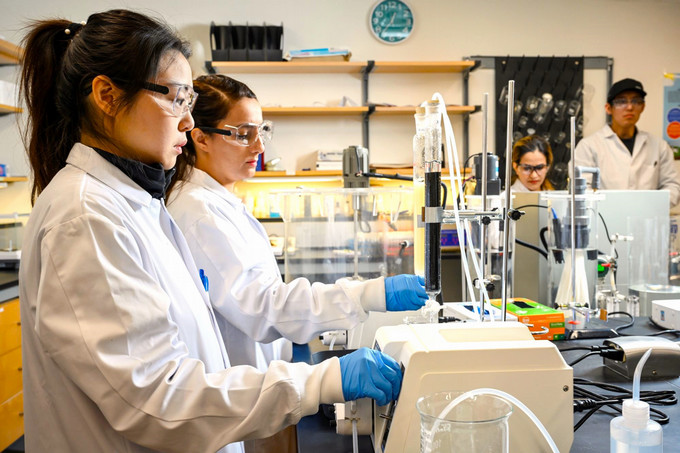
Top Resources
Our Strengths
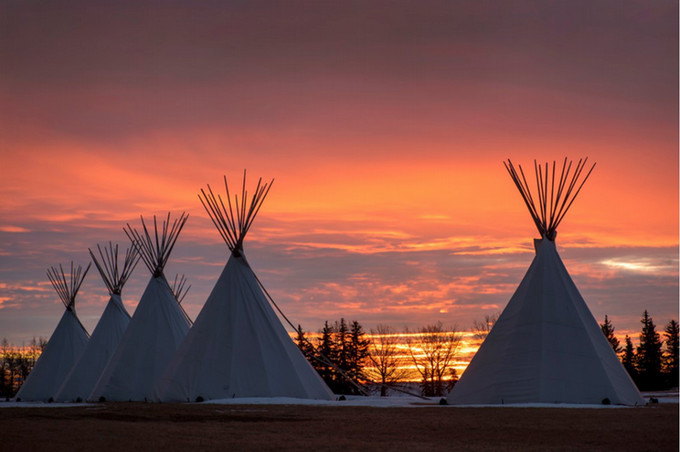
Partners in Truth and Reconciliation
We believe that through continuous learning we can strengthen relationships with Indigenous peoples, their communities, and their institutions. We are committed to reconciliation and believe that by listening we can learn and by learning we can grow. We demonstrate this commitment by incorporating Indigenous ways into our research, teaching, and learning. We aspire to walk together with our Indigenous partners, so that we may build a stronger, more inclusive future.
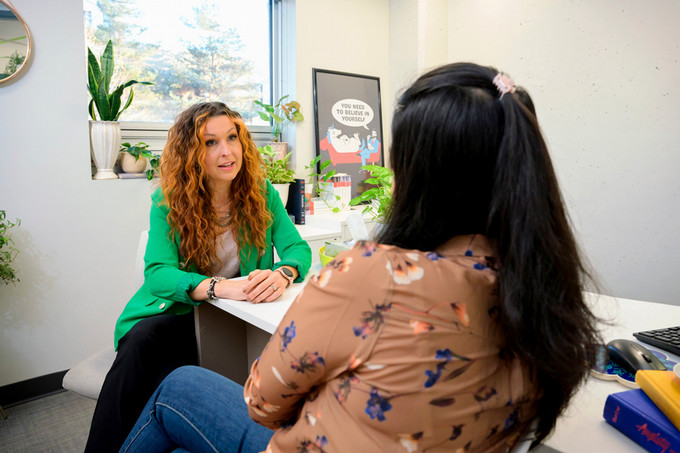
Health and Wellness
We believe that to be truly successful, one must be healthy in all ways. Our commitment to health and well-being is demonstrated through the programs we teach, the research we conduct, and the supports we offer. We understand that wellness encompasses physical, mental, environmental, and spiritual well-being, and provide opportunities for our students to find fulfillment in all ways. We are committed to building a healthier future, which we demonstrate through our nationally recognized wellness programming and world-class research.

Hands-on Learning
We believe there is no better teacher than experience. This belief led us to pioneer the first co-operative education program in Western Canada more than half a century ago. Our history of providing hands-on learning opportunities has given our institution decades of insight, allowing us to fine-tune our programs and offerings so that students reap the rewards in the real world. Our students enjoy plentiful opportunities to gain experience in both paid and volunteer positions, resulting in career-ready graduates who find work fast.
Growing and Learning Together
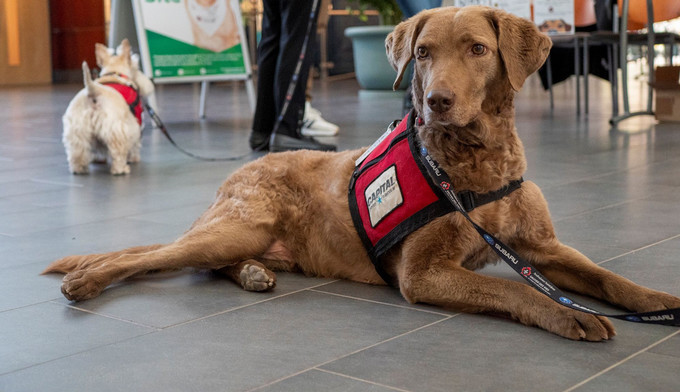
Check in with Your Health and Wellness
The winter can take a quiet toll on your health and well-being. As classes ramp up and the cold weather settles in, checking in with yourself matters more than ever.
Take a moment to explore the support and resources available at the U of R, here to help you feel your best this semester.
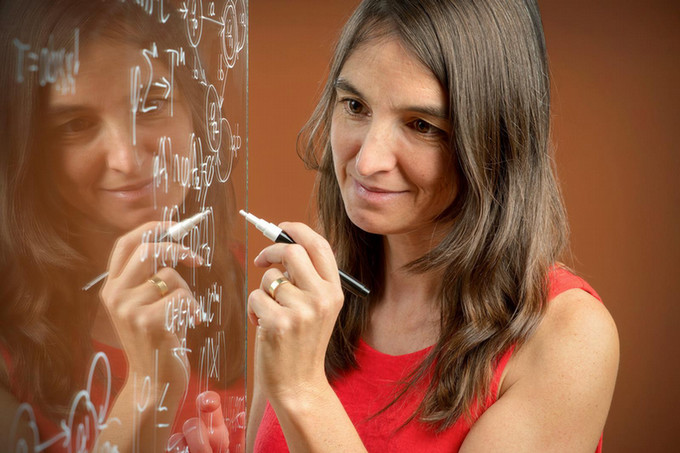
Research and Discovery
Our faculty and student researchers share a desire to understand and influence the world. With 10 Canadian research chairs and 21 research centres and institutes, we currently lead Canadian comprehensive universities in research impact and international research collaboration. Join a community of learners, innovators, and leaders. Explore big ideas, connect with new perspectives, and be inspired to help build a better tomorrow — together.
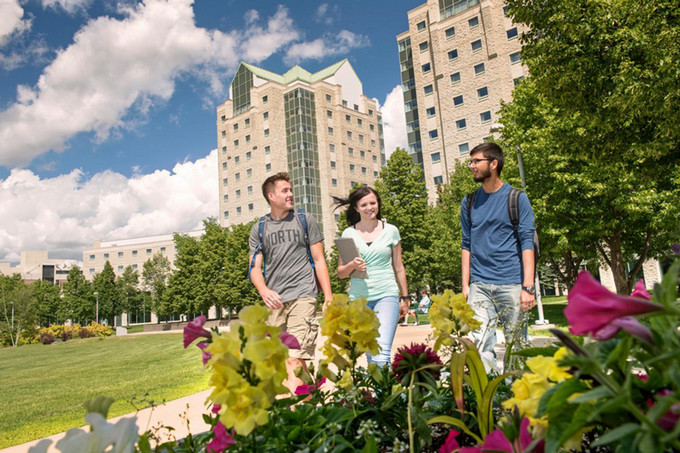
Campus Life
U of R has one of the most modern, well-maintained, and inviting campuses in Canada. Major revitalization projects in 2025 are bringing new life to the AdHum Pit, a beloved campus hub, as well as expanded food services and dining areas with greater focus on healthy, sustainable choices. Students, faculty, and staff enjoy walking, biking, and paddling in the gorgeous Wascana Centre, one of the largest urban parks in North America.
